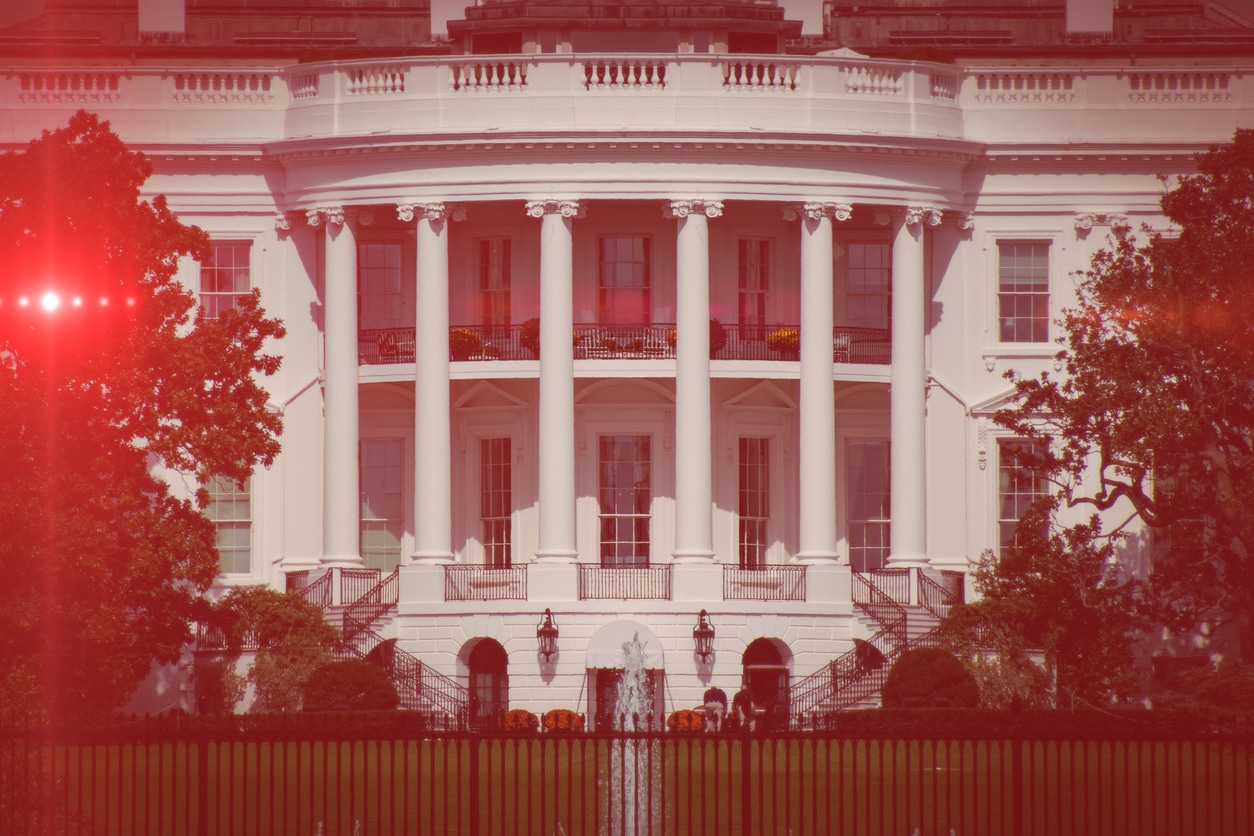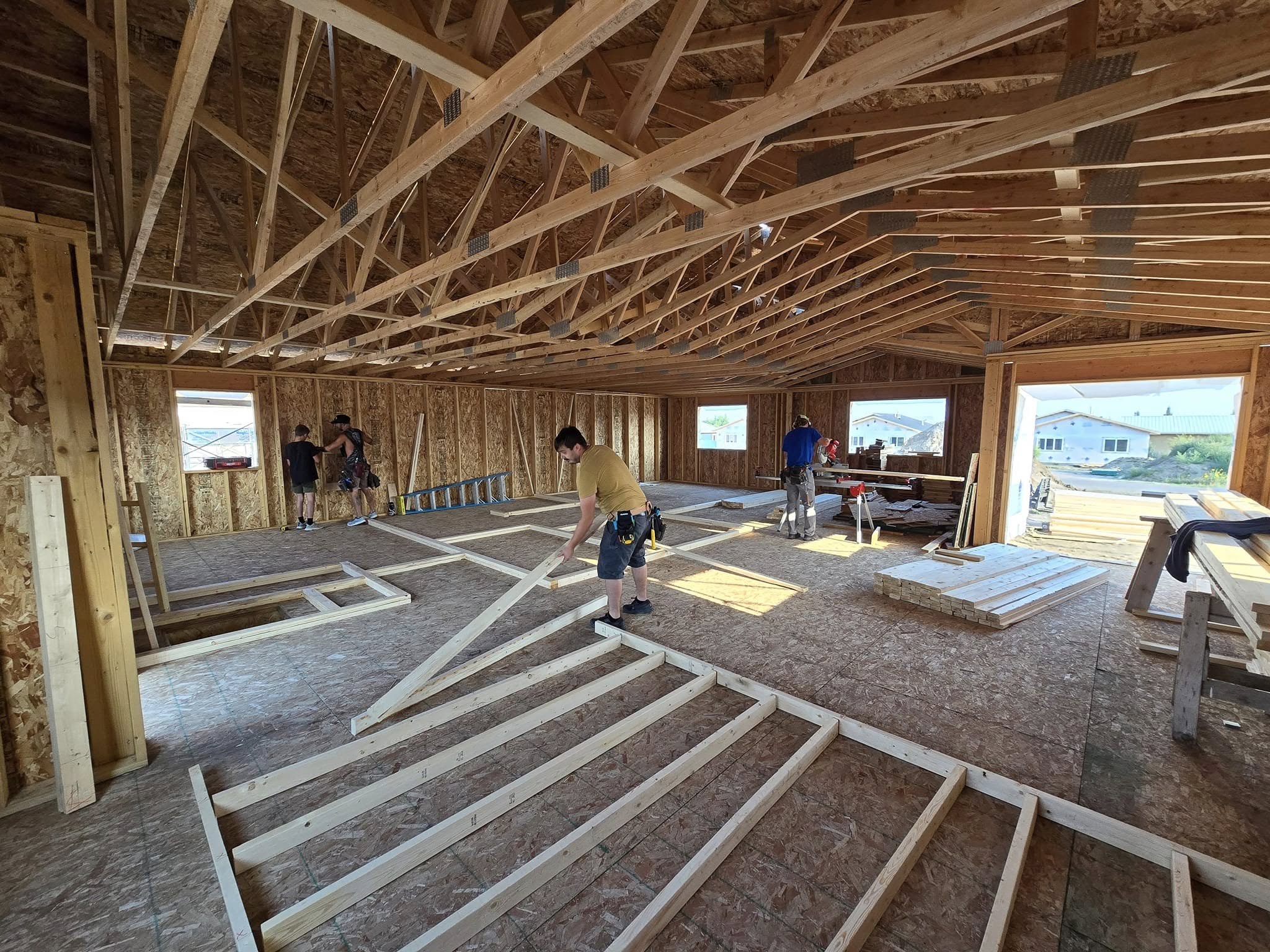Deja vu: the sensation that you are doing something that you have done before.
In an eerily familiar Web-only piece, Laura Brunts and Theodore Kahn of The Atlantic recap vintage coverage of America’s appraisal of its financial misdeeds in the 1920’s and the ensuing reckoning of the 1930’s. Some highlights from the banking blooper reel:
- Banks got too big and too geographically spread out, leaving the financial needs of many borrowers and small businesses unserved.
- Banks extended excessive credit to non-creditworthy borrowers.
- Speculative busts occurred in multiple sectors of the economy.
- Economic distress heightened the urgency of the call for social justice.
Deja vu: the sensation that you are doing something that you have done before.
Brunts and Kahn also remind us that the economic collapse of the 1930’s threatened American political democracy; looking back, we now see that it threatened global political democracy. It’s ominous enough to turn Pollyanna into Nouriel Roubini.
However, America has taken the first step to overcoming its economic problem by finally admitting that it has one. Furthermore, just as the election of Franklin Delano Roosevelt reinvigorated the American political process by vastly expanding the electorate, we have witnessed an affirmation of participatory democracy in the election of Barack Obama. Despite its prolonged economic malaise, America has entered a new era of good feeling, armed with the lessons of the 1930s and a cadre of the best and the brightest poised to assume its highest offices.
The article concludes:
[Franklin Delano Roosevelt’s] intention […] was not only to dissipate the effects of the Depression, “but also to lay the foundations of a new social order from which, so far as human prescience can avail, such disasters have been banished.” If only Roosevelt had succeeded.
Political and economic forces have again aligned to present an opportunity to make this new order possible. As Rep. Rahm Emanuel said: Never let a serious crisis go to waste. I’m optimistic. Are you?




Comments